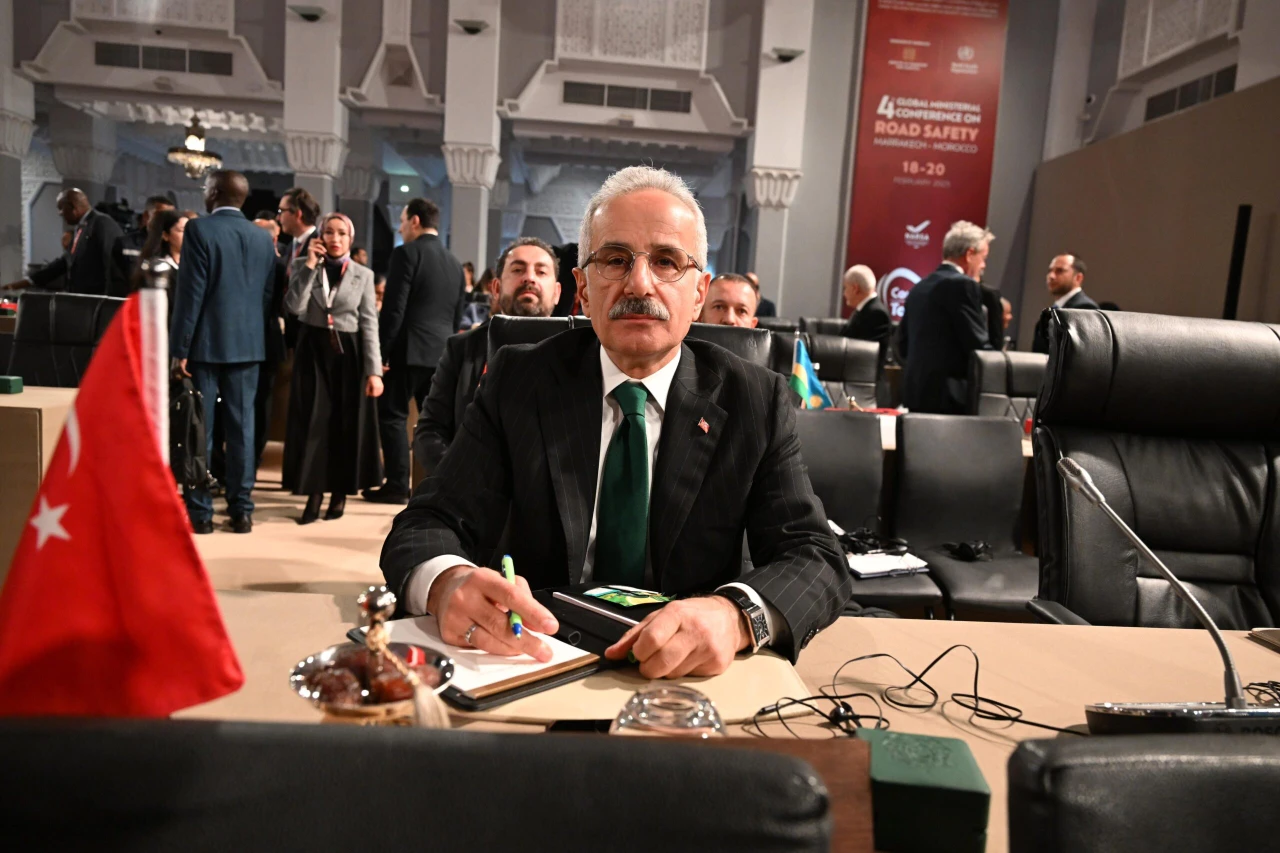How to rent safely in Türkiye: A legal guide for expats
 One of the biggest steps toward starting the life you’ve long dreamed of is finding a place to call home, but it does come with some responsibilities.
One of the biggest steps toward starting the life you’ve long dreamed of is finding a place to call home, but it does come with some responsibilities.
Finding a place to rent as a foreigner can be stressful—and the fear of getting scammed is very real. Even if you know people locally, it’s only natural to feel hesitant about asking for help. That’s why Türkiye Today has teamed up with Eskioglu & Zembilci Law Office’s Erdi Eskioglu to break down the key legal and financial points you should watch out for in a rental agreement. After all, your first home in Türkiye is where your Turkish dream begins.
Accurate identification of parties and property
Even if it seems basic, there are key points you should be able to tick off—literally.
Before signing a lease, ensure the agreement includes full legal names, contact details, and addresses of both the landlord and the tenant. The rental property must also be clearly identified by its complete address. These details establish the legal validity of the contract.

Clear definition of rent and payment terms
Double-checking these details now can save you from a lot of potential headaches later—and give you peace of mind.
The rent amount, due date, and payment method (such as bank transfer or cash) should be explicitly stated. The agreement must also outline how often rent may increase and under what conditions, helping avoid future disagreements over payments.
Deposit requirements and refund conditions
You might wonder, “Is it really normal to pay the equivalent of another month’s rent just as a deposit?”—especially if such a system doesn’t exist in your home country.
Security deposits are common in Türkiye and are meant to cover potential damages. The agreement should clarify the deposit amount and specify refund conditions. If the tenant returns the property in good condition, the deposit should be fully refunded.
Documenting property condition and tenant changes
The contract should include a condition report or handover protocol detailing any existing damage. This protects both parties at the end of the lease. Additionally, any rules about tenant-made modifications must be stated in writing.

Rental period and termination terms
In order not to have any surprises later, specify whether the contract is for a fixed or indefinite term. Termination procedures, including notice periods (typically three months), should be clearly defined. Fixed-term agreements should also state what happens at the end of the lease.
Update on rent increase rules
As of July 2, 2024, Türkiye removed the 25% cap on rent increases. Rent adjustments are now calculated based on the 12-month average Consumer Price Index (CPI), as published by the Turkish Statistical Institute (TUIK).
Hence, once your lease ends, how much your rent increases often comes down to your negotiation skills.
Written requirement for contract changes
All future changes to the agreement must be documented in writing and signed by both parties. This clause helps avoid legal ambiguity and ensures any updates are mutually agreed upon.
Reviewing key details—such as rent, deposit, and termination terms—can help build trust and reduce the likelihood of legal conflicts. Once you’ve agreed on the terms, put everything in writing and sign it—remember, no new rules can be added afterward. If you’ve signed a well-documented contract, you’re set for a hassle-free rental period.
So here’s to a smooth move-in and a happy new home, “gule gule oturun,” as we say in Turkish: live here in joy and peace!



